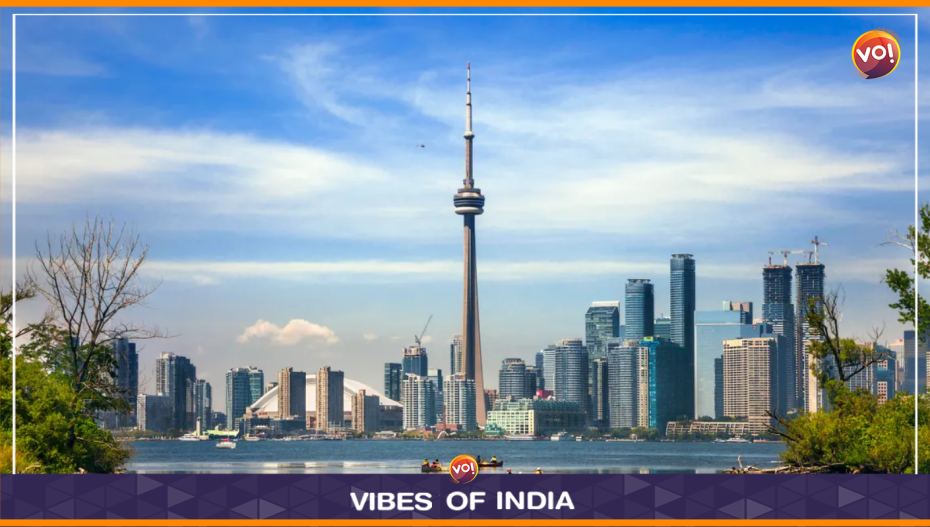In the Sanjay Dutt classic Naam, the protagonist Vicky, enacted by Dutt, goes to Dubai to prove his worth to his mother.
Reality sinks in when a famished Dutt, jobless despite days of dripping sweat, collapses on the street, disenchanted and emptied out of hope.
He is granted shelter by the head of a mafia (Paresh Rawal) who asks him, “Have you come to terms with the brutal truth of life?”
Remove the reference to the underworld and Dubai, and the struggles Indians go through in Canada are much the same.
Lack of accommodation and unaffordable rent are compelling Indian students to stay in cramped basement setups and even cars that compromise their safety. Others stay in motels shelling out a humongous $100 per day.
The Vibes of India has been reporting in this space how the American dream has destroyed many an Indian middle-class family. The challenges posed by Canada are no less.
A report published by India Today claims that this year Canada welcomed 5,00,000 permanent residents on top of an overwhelming 9,00,000 international students.
Last year, the report adds, 2.26 lakh out of 5.5 lakh international students were from India, according to Canadian government data. And there were 3.2 lakh Indians staying in Canada on student visas.
More than 72% of international students plan to apply for a post-graduate work permit in Canada while 60% are keen for a permanent residence (PR) there. Approximately 330,000 new immigrants and students from India live in Canada as of 2023.
The Canadian government has been encouraging immigrants to drive economic growth. This has led to an influx of Indian students landing in these shores only to realise that they have landed in a quagmire with nowhere to go.
Things have come to such a pass that Indian students are reportedly lugging their bags and ringing doorbells to enquire about rented spaces.
A journalist who works with a media house in Canada revealed that Indian students even end up sharing a room in basements and paying $600-650 as rent.
The $650 is given as part of the guaranteed return by the Canadian government for $10,000 compulsory investment but it goes into paying rent. It leaves students with no money for grocery and phone bills.
One Indian student, who participated in campus protests, even appealed to North Bay residents to help students struggling for accommodation by renting out spare rooms.
The financial strain compounds the challenges they face in adjusting to a new culture and educational system.
While Canadian universities offer residential facilities for students, private colleges lack such hostels and therefore can’t guarantee students’ accommodation.













